Italy is a religious nation, essentially following Christian believes. Of course, Easter in Italy is an important annually highlight to honour, among family and friends. But as often, the same traditions aren’t celebrated all over, with small variations from region to region. For example, lighting an Easter fire is tradition, with bonfires on the evening of the eve in Coriano in the province of Rimini, or in Florence, the sacred fire is realized in a wagon full of fireworks. More south in Teggiano, in the province of Salerno, children may kiss their parents’ feet on Easter morning in forgiveness.
Besides the local traditions, more modern traditions are all centred around meals and celebrations among family and friends, with special cakes and chocolates for kids.
Shaped like a colomba, a dove, a highly religious sign, the Colomba Pasquale (Easter Panettone) is the most popular and famous cake for Easter in Italy. Either homemade, often made following old family recipes, or bought at (local) pasticcerias, bakery shops. On An Italian in my Kitchen you can find an easy recipe and here even a YouTube Video with instructions.
Nevertheless, Easter in Italy is a both religious with church visits, but also a great occasion for family gatherings and celebrating the soon-coming Spring together, with good food.






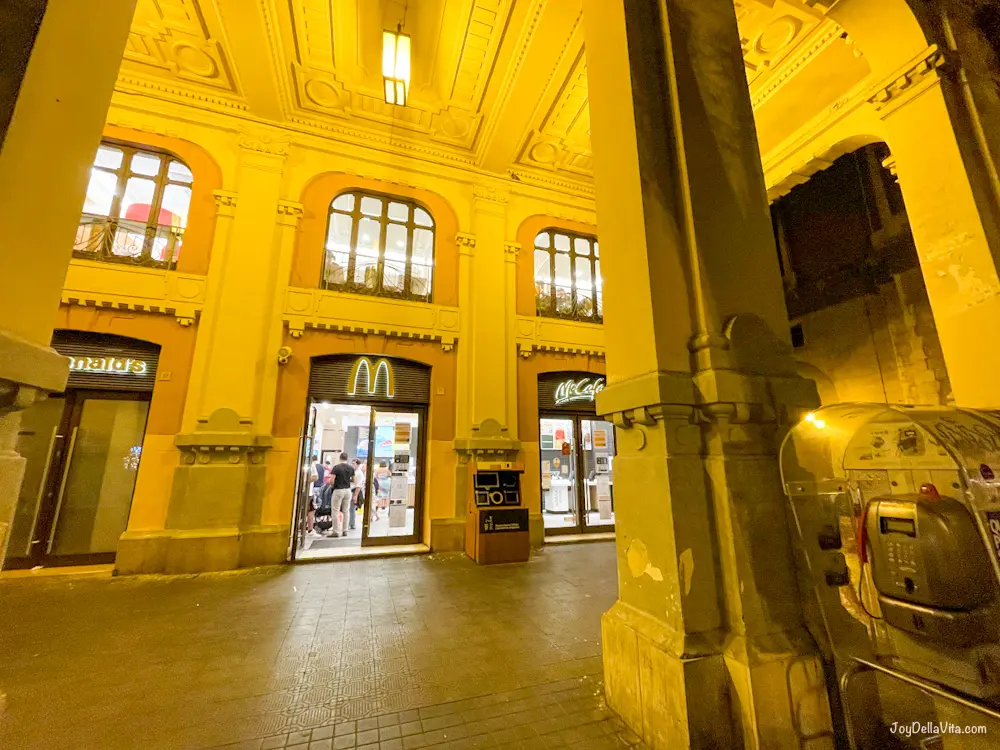
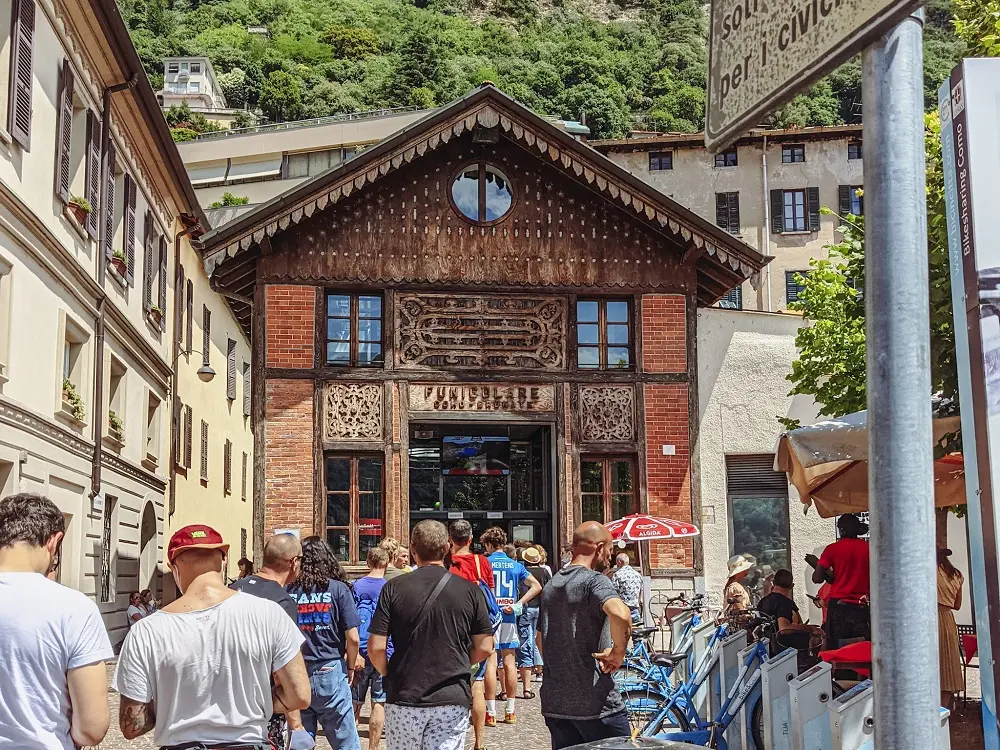
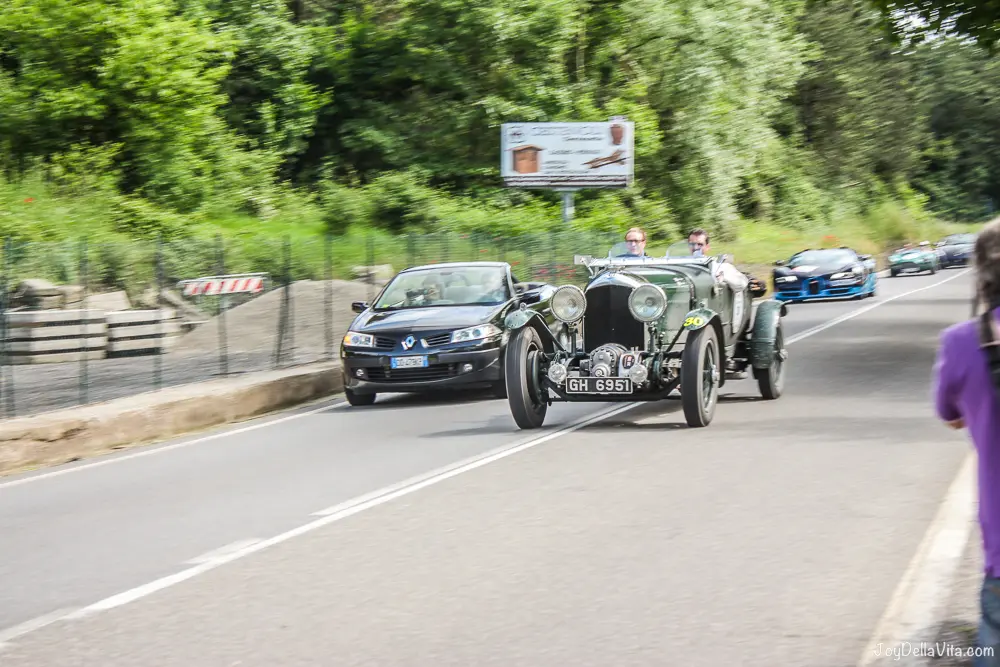
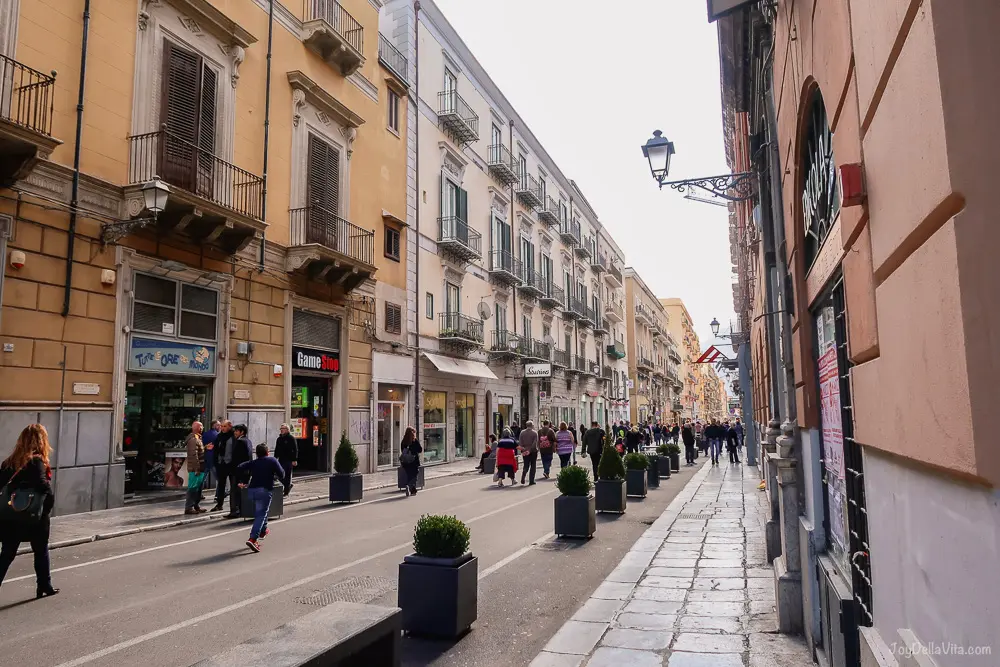


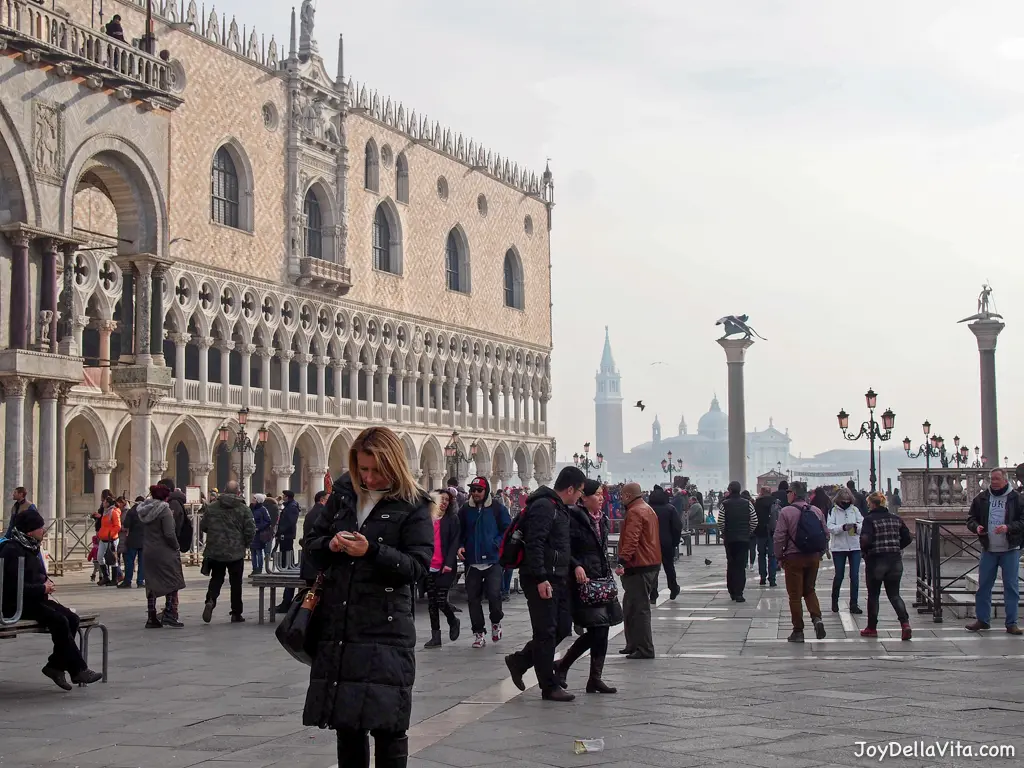
Leave a Reply